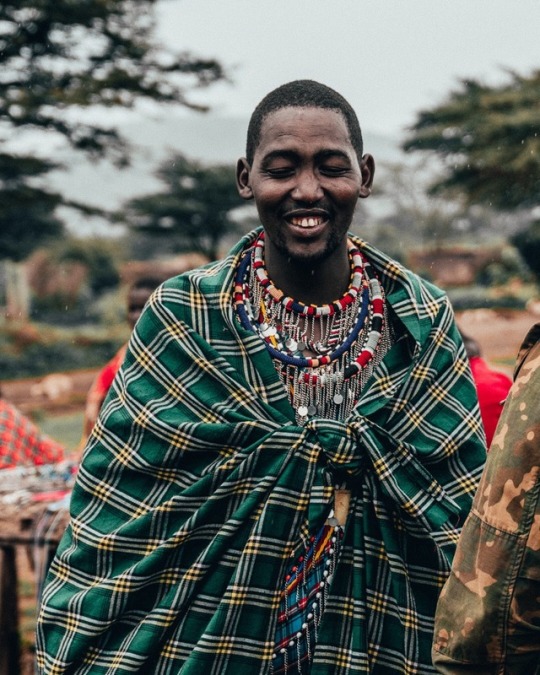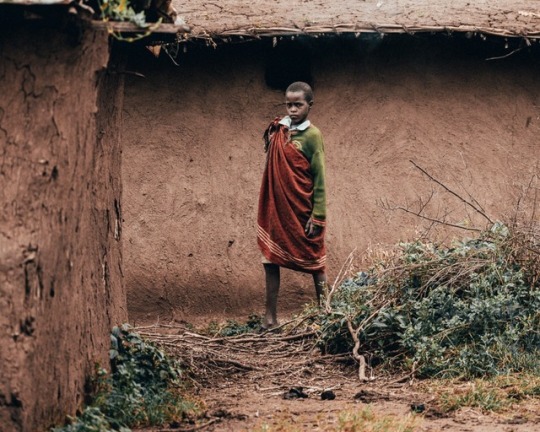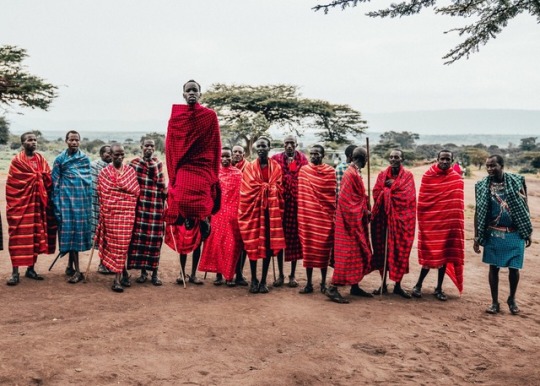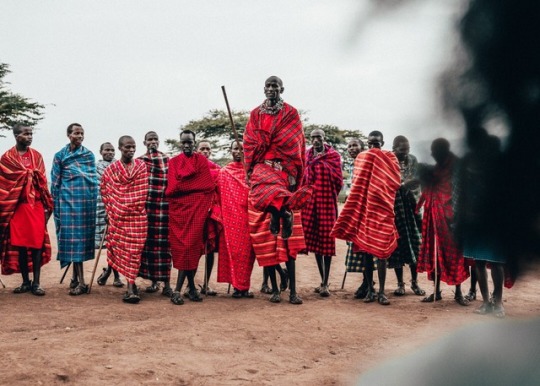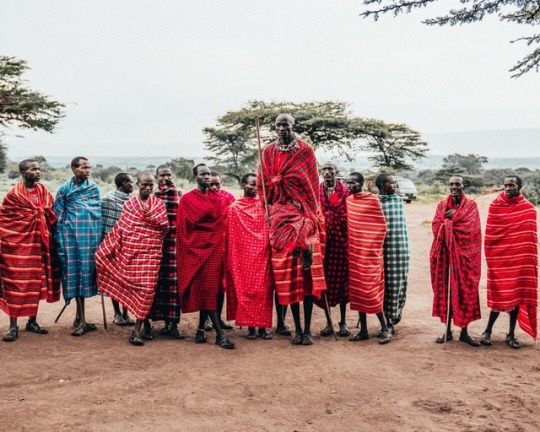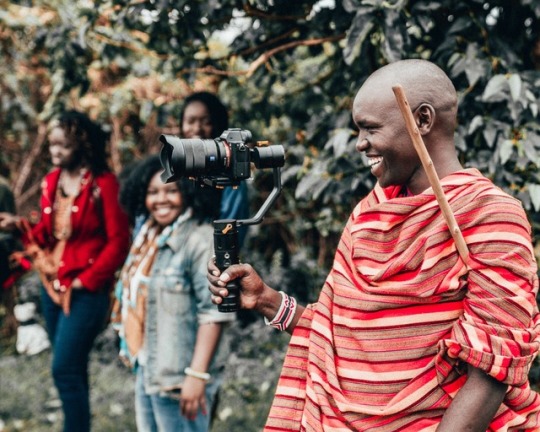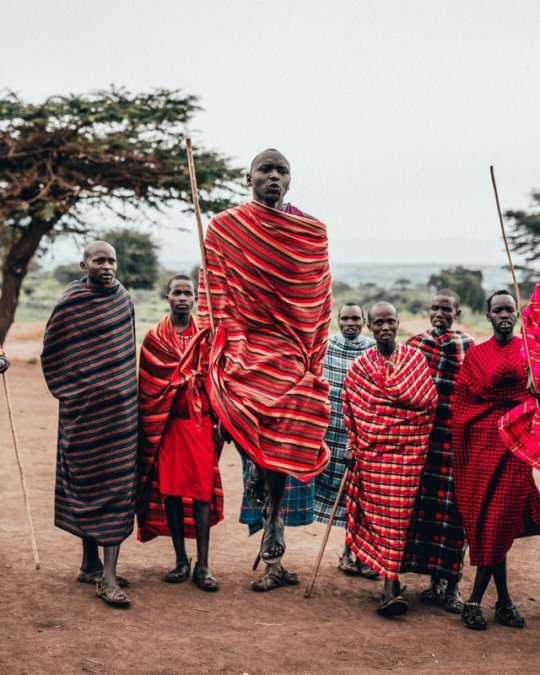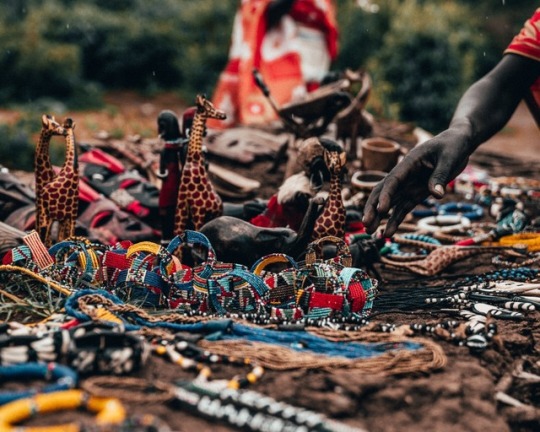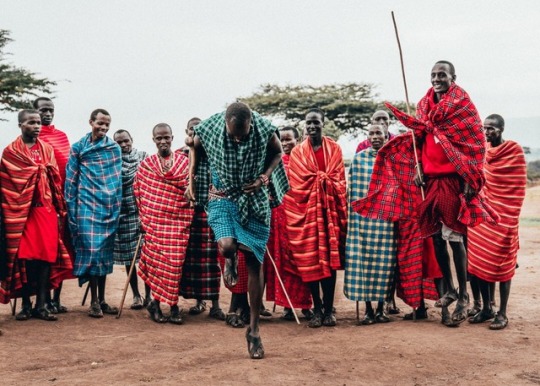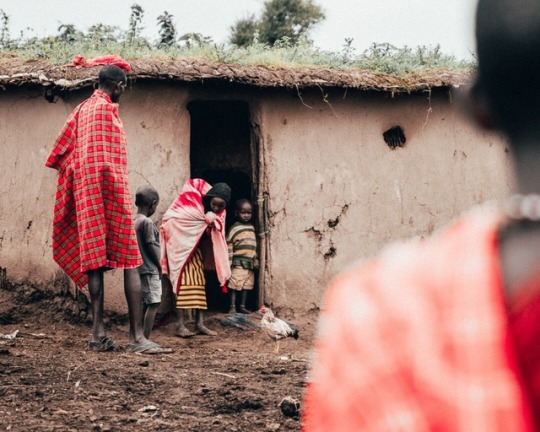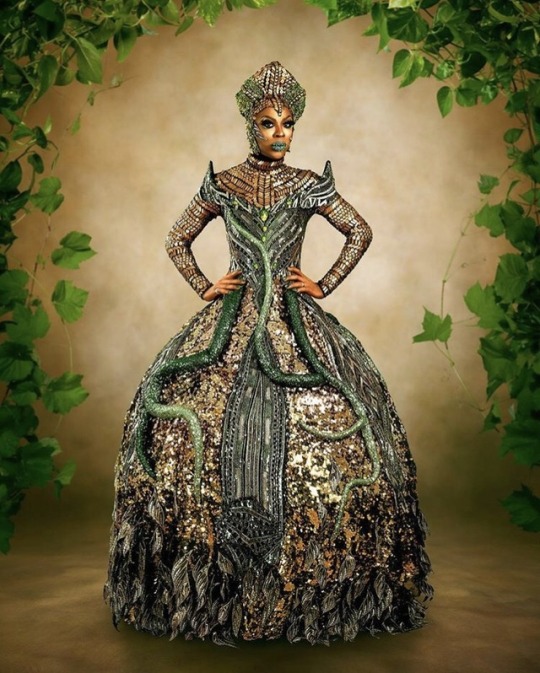Text
week 7
“The various reports just cited in the above paragraphs provide overwhelming
evidence about how social and economic structures have a negative impact on
the quality of life of disabled people across the globe, reiterating the fact that
disability is clearly a social rather than a biological condition” — pg.19
in “DISABILITY AND DIFFERENCE IN GLOBAL CONTEXTS Enabling a Transformative Body Politic” by Nirmala Erevelles she talks about the social, economic, and the political injustices when it comes to those with disabilities. Within the article I was astounded to find out what how hard it was for people of disability to get medicare and insurance overall. It is also how they are treated due to their disabilities.
Erevelle states, “In the United States, one out of every four disabled people lives below the poverty line, and more than 75 percent have an individual income of less than $20,000.” In the united states, that is definitely not enough to have a healthy lifestyle and many of the veterans who have became disabled have not received the proper benefits that one should for someone who has serves their country as much as someone possibly could have.
In society it is rare to hear the voices of the disabled but you hear problems from the able-bodied all the time. (to go off topic) if you notice in a lot of architecture the multi-million dollar projects don’t always have accessibility for the disabled. There aren’t wheel chair ramps and those people not only suffer not getting in but thats a potential job they loose because they can’t even get into the building to apply. This in all is injustice and it is underlying with a haunted power dynamic.
Their voices are silenced in our everyday life and for the future I believe that disability will always be looked in a weird way. These are people, and they deserve to have the same respect in economic, political, social, and sexual aspects. I think the gap between able-bodies and dis-abled will slowly die it will take time and awareness.
0 notes
Text
Infiltrated and Drones.
In the article ”Infiltrated Intimacies" by Nadera Shaloub-Kevorkian, the author talks about the 1948 Palestinian exodus; an event charged with Zionist violence resulting in thousands of Palestinians who were expelled or forced to flee their homes (166). The loss of homing for these people disrupted their orphaned pasts (losing their homes) as well as their presents (Israel banning the return of Palestinians.) Because Israel has addressed that “the return of Palestinian refugees to their homes as acts of infiltration, evidence of criminality, and grounds for surveillance, retaliatory violence, and deportation.” There is caution thrown into the wind that harms a lot of people who had nothing to do with the cause of the displacement, especially the women.
My mother cried, but then told me “if we can’t bleed while going back home,
when can we bleed?” (Um Mahmood, 83 years old.)
The quote above is a powerful quote that was introduced in the abstract of the paper. The continuation of mother Um Mahmood’s story happens further in the article and describes the journey of her and her daughter back to Israel. She parallels attributes within her story to signify the oppression. For example, the blood signifying her particular burden both as a Palestinian and as a woman. In another example, they use breast milk to signify nourishment and the struggle for keeping oneself alive but the child. This is all caused as being viewed not only as ‘infiltrators’ which in all is a persona but additionally, also as women. Even getting back to Israel it is far-fetch to identify it with the past as ‘home.’
In the next article "Targeting: Mediating US Drone Wars" by Lisa Parks, it talks about the US Military and the new methods in use for the last decade or so: drone strike. This method has been highly skeptical in the eyes of the public in the US and obviously against by those on the opposite end… The emotion on the back end is orphaned because people are not feeling the emotions of killing someone by ‘pulling a trigger.’ they are sitting in a room in Nevada ‘pushing a button’ just like a video game that kills people thousands of miles away from them.
The monstrous part of this is that many people are being killed due to the fact of their environment suppressed by the identity of color. The war isn’t with people of color in the mid-west, but it’s against these terrorist organizations that fit the mold and thus add to the stereotype that mid-west=ISIS which could not be more racist and wrong.
In both stories, they are suppressed by the location they live in, the color of their skin, their sex, and more. In the future their needs to be a visible and viable divide of bad and good and exclude the stereotypical human features one possess.
0 notes
Text
Week 4
Oyeronke Oyewumi, author of “Preface” to the invention of women overall believes and blames western culture/the notion of colonization for the social imbalance of ‘gender role in Yoruba.’ Oyewumi quotes, “The woman question is a Western-derived issue — a legacy of the age-old somato-centricity in Western thought. It is an imported problem, and it is not indigenous to the Yoruba” (Pg, 9.) When white settlers came from overseas they dismantled their culture and ideologies by intertwining their ideologies with a splash of Christianity. Bringing white culture was seen as monstrous, to the women, and men of Yoruba — this transformed their beginnings in the sense that old traditional culture is lost in the making.
Furthermore, Oyewumi talks about that this inflicted cultural change has taken more of a toll on the women than the men. Believing that there is in-fact western culture revolves around biological determinism: the conception that “biology provides the rationale for the organization of the social world” (Pg 10.) Within that social world, there is no room for women in the hierarchy of power and position but based on body type, gender, and sexuality. Overall, in this article, there are many conceptions and assumptions displacing women to be a lesser power in their cultural standards — with a lot to mix with gender and sexuality.
In the next reading, Wairimu Ngaru Iya Njambi they also critique the bases of western culture and how it has directly affected their own culture. There is a practice called irua ria atumia which is known as female genital mutation. Some woman in Kenya do this not because they don’t want these parts of their body’s anymore as it is a disgrace, but as a powerful message revolting against the suppression of western culture on their ideologies, gender, and sexual identity. They strive for a social role, and by doing this ‘mutation’, they show that they are strong and are equals to men and have something to offer.
These articles in all talk about their ideologies, culture, and beliefs being subjugated to the introduction and the influence of western civilization. These people of Africa, mostly woman — yet not solely woman — fight the notion of their culture saying that this is unfair, this isn’t set in stone, because there are so many injustices that come with the practices that are being brought by the white settlers. We are people, not objects, not lost judged on your belief of gender, sex, or body type. They stand up to fight the cultural imbalances as a voice of anti-colonialism.
—THE IDEA that biology is destiny — or, better still, destiny is biology — has been a staple of Western thought for centuries. Whether the issue is who is who in Aristotle's polis or who is poor in the late twentieth-century United States, the notion that difference and hierarchy in society are biologically determined continues to enjoy credence even among social scientists who purport to explain human society in other than genetic terms.
0 notes
Text
In the reading, Is Paris Burning by Bell Hooks, it discusses the world of patriarchy, sexual discrimination, suppression, and so on so forth. This, in relation to orphaned beginnings takes you back to white supremacy where quote on quote ‘being white is be right’ in all delusional senses. The orphaned beginnings goes beyond just being a “Drag” —crossdresser — it started with what color are you? Are you gay? What’s your gender? Not Male, too bad. What sex are you? and this throughout decades has played out a snowball effect of suppression.
Within the reading it discusses the already known racial fight between the whites and the blacks. Throughout history, and even today we know there is racism. But Bell Hook goes further into saying that it’s not only the whites that are suppressing and causing sexual discrimination, it’s even people of the same color and the same sex. Who would have thought that the suppressed people would be the ones continuing the snow all affect bringing matters into a worse situation.
Before going on, there is a quote that is of the utmost importance to see how people viewed ‘Drags’ at this time. “To choose to appear as “female” when one is “male” is always constructed in the patriarchal mindset as a loss, as a choice worthy only of ridicule.” Not only are these people being ridiculed for being black, but getting sexualized and degraded by your own people has made it worse for cross Dressed woman. Even if you were white, It was not accepted at the time, and even though things are better, it is NOT universally accepted —which is unbelievable.
The book, This Bridge Called My Back, is basically a book of passages, quotes, and poems that are trying to fight repression, sexism, racism, and so on in an attempt to voice out and reconnect the past. It’s a fight against the evils that have taken place over brings communication and literature into the picture. She introduces her main point pithing the first passage. — Which overall believes that racism, sexism, and so on are the way that they are due to the fact that our literature systems are so molded by political, white, western beliefs.
Philosophers have been able to effect such a takeover because so much of the literature of the West has become pallid, laden with despair, self-indulgent, and disconnected. The New Philosophers, eager to understand a world that is today fast escaping their political control, have redefined literature so that the distinctions implied by that term, that is, the distinctions between everything written and those things written to evoke feeling as well as to express thought, have been blurred. — pg 51.
For the robotic future, I think there is room for change. Gender and sex is a huge topic and it has been a huge battle in todays society. In my opinion, racism and sexism has decreased; I am not saying it’s good either… but, there has been a change. With knowledge of suppression and the on going battle of morality i think our future has a chance of being better that in was 1000 years ago and maybe in 1000 years it’s much better than it is now.
0 notes
Text
Due to the poor living conditions and the brutal treatments on the plantations, many slaves decided to take the risk of fleeing into the forest. These runaways first hid themselves in temporary forest camps near their provision fields (Price 1973). After forming groups with other escaped slaves, they continued their journey into the interior, taking crop seeds and cuttings with them on their flight to freedom.
In week 2, the first reading was "Botanical Gardens of the Dispossessed Revisited" by Tinde R. van Andel, Amber van der Velden, Minke Reijers. In this narrative, it’s easily established that in the new world (the white slave owners) hold a daunting power dynamic over the Africans involved in chattel slavey. Further explaining the term maroon communities — which are essentially Africans and their decedents whom have created a new life and settled down in the America’s away from the New world chattel slavey.
The term maroon reflects on multiple terms such as: maroon culture, maroon agriculture, maroon language, maroon music, etc. due to colonialism maroon communities locations were scattered and tended to be in isolated settlements that either were by rivers or deep in the forests of the America’s — where they brought their seeds to grow old world crops. You can trace ties of ancestry from old world crops to this community but as the archives don't go far enough back those ties are severed and many crops are left without knowing who cultivated them and migrated them. This all is tied up with orphaned beginnings, due to the fact, that it archives from the Chattel slavery and the injustices continue in a forward timeline.
In the next reading by, Katherine McKittrick, "Plantation Futures” — “plantation futures”: “a conceptualization of time-space that tracks the plantation toward the prison and the impoverished and destroyed city sectors and, consequently, brings into sharp focus the ways the plantation is an ongoing locus of anti-black violence and death that can no longer analytically sustain this violence.” (pg, 2-3, Mckittrick.) This quotes tells everything else that is represented in the reading; of continual imprisonment of African Americans and the idea that the white view the black as objects that can be obtained and owned just like land and then destroyed.
During the time of the cotton industry boom, slavery was considered the back bone of the economy. White people were getting rich, while the unfree black people were cultivating the pristine land that would soon be their cemetery. The injustice that has happened on plantations is ‘haunting’. It’s hard to forget a cruel past and the resistance put up over the years have suppressed racism but by no chance is the resistance over. Just like the Maroons and their ancestral seeds for agriculture and the plantations with Motown they won’t forget the past, not now in the present, and not in the future. I hope one day there is a just future, but it’s hard to bury the hatchet when so many other thins, people, and communities are all underground too.
0 notes
Audio
0 notes
Text
2 Nisan 5779
None of us are ready for freedom
We can kasher our kitchen, prep our seders, study texts until they come out of our ears
But the fact remains is that we will never be ready
Freedom is something come into like a baby screaming into the world. Freedom isn’t safety. It isn’t comfort. It isn’t easy. You have to fight for it, day in and day out.
And it’s never over, that fight. You can say you’re free, but you’re really not. None of us are free until all of us are free. None of us are free until our siblings of color, of queerness, of disability are free too. If some of us aren’t free, none of us are free.
Don’t just cover your kitchen in tinfoil. Don’t just select clips on haggadot dot com. Don’t just ponder the Song of Songs.
Remember that we have to fight for the freedom of all.
Remember that we were once slaves in the land of Egypt.
17 notes
·
View notes
Text
week 1
While comparing the work of Saidiya Hartman — author of Venus in Two Act. Versus, Tuck and Ree — authors of A Glossary of Haunting — there is a common theme in place; the theme of astray and lost voices due to the on going narrative of cultural, sexual, discriminating violence.
Venus in Two Act brings up the Middle-Passage which was used in transporting slaves from all across the world. On these ships men and woman would lose their titles of being ‘human’ and were granted the identity of a number, stripped away from their past, living in a defined present, and surely aren’t looking toward the future — the absence of voice and an identity is truly “haunting” showing the true meaning of chattel slavery and its institution of “orphaned beginnings.”
In comparison, Tuck and Ree talks about the suggestion of decolonization of land taken over during the crusades across the world and the only way to attend to the “ghosts” is to give the land back. This is an irrational way to say sorry as ghosts cannot hear, and what has been wronged truly can’t be forgiven with merely words nor can few actions change everything.
1 note
·
View note

